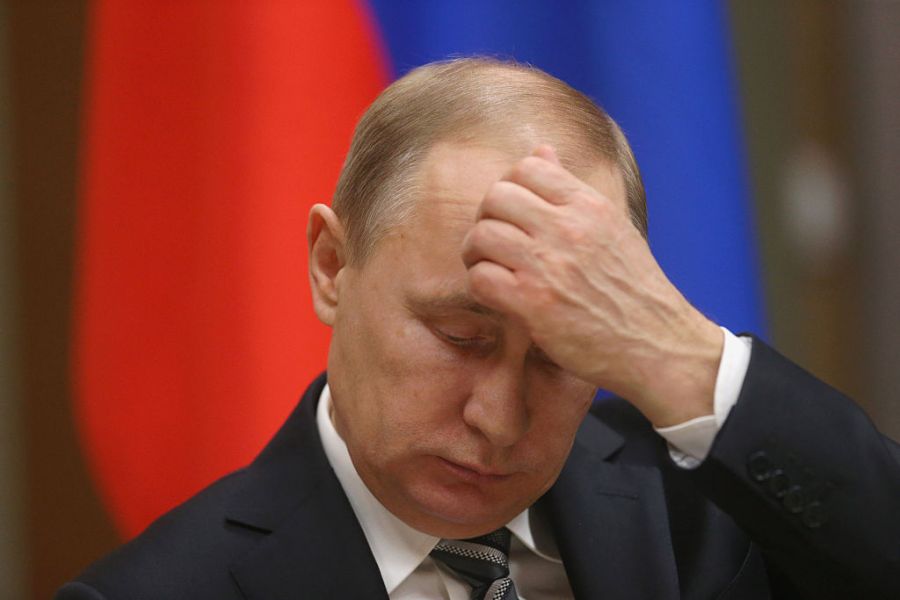The ongoing conflict in Ukraine has raised significant questions about the future of Russian identity. As the war continues, many are beginning to contemplate what it will mean for Russians to redefine themselves beyond the legacy of imperialism and authoritarianism. This transformation is crucial for the Russian populace as they navigate their identity in a post-war landscape.
Historical Context and Current Sentiments
For centuries, Russian identity has been intertwined with notions of empire, power, and territorial expansion. Under the leadership of President Vladimir Putin, this narrative has been reinforced through state propaganda, depicting Russia as a protector of its sphere of influence. However, as the war in Ukraine has progressed since its escalation in February 2022, many Russian citizens are grappling with the implications of their national identity amid international isolation and economic sanctions.
According to a recent survey conducted by the Levada Center, an independent Russian polling organization, a growing number of Russians express feelings of disillusionment with their government and its actions in Ukraine. The survey indicates that approximately 40% of respondents believe that the war is damaging Russia’s reputation abroad. This sentiment reflects a broader desire for a national identity that acknowledges the complexities of their history while moving towards a more peaceful and constructive future.
Challenges to Reconstructing Identity
As the conflict continues, the challenge for the Russian populace lies in transcending the long-standing indoctrination that has shaped their worldview. The legacy of the Soviet Union remains a potent force in shaping national consciousness, often idealizing past glories while ignoring the darker chapters of history.
This internal struggle is further complicated by the influence of state-controlled media, which continues to propagate a narrative of victimization and exceptionalism. For many Russians, acknowledging the realities of the war and the consequences of their government’s actions will be essential in redefining what it means to be Russian in the 21st century.
The task ahead involves not only questioning the imperial narrative but also embracing a more inclusive understanding of identity that values diversity and coexistence. As discussions about national identity emerge, the Russian Federation may need to reconsider its relationship with neighboring countries, particularly those in Eastern Europe, and foster dialogue that promotes mutual respect and cooperation.
Ultimately, the resolution of the conflict in Ukraine will play a significant role in shaping this new identity. Should a peaceful resolution be reached, the opportunity for Russia to redefine itself as a constructive member of the international community may arise. This shift could allow for a reimagined identity that looks toward collaboration rather than confrontation.
As the war continues to unfold, the future of Russian identity remains uncertain. However, the necessity for transformation is clear. The Russian people are at a crossroads, faced with the imperative to redefine themselves beyond the historical confines of empire and authoritarianism. A new chapter awaits, one that holds the potential for growth, understanding, and a more peaceful existence on the global stage.







